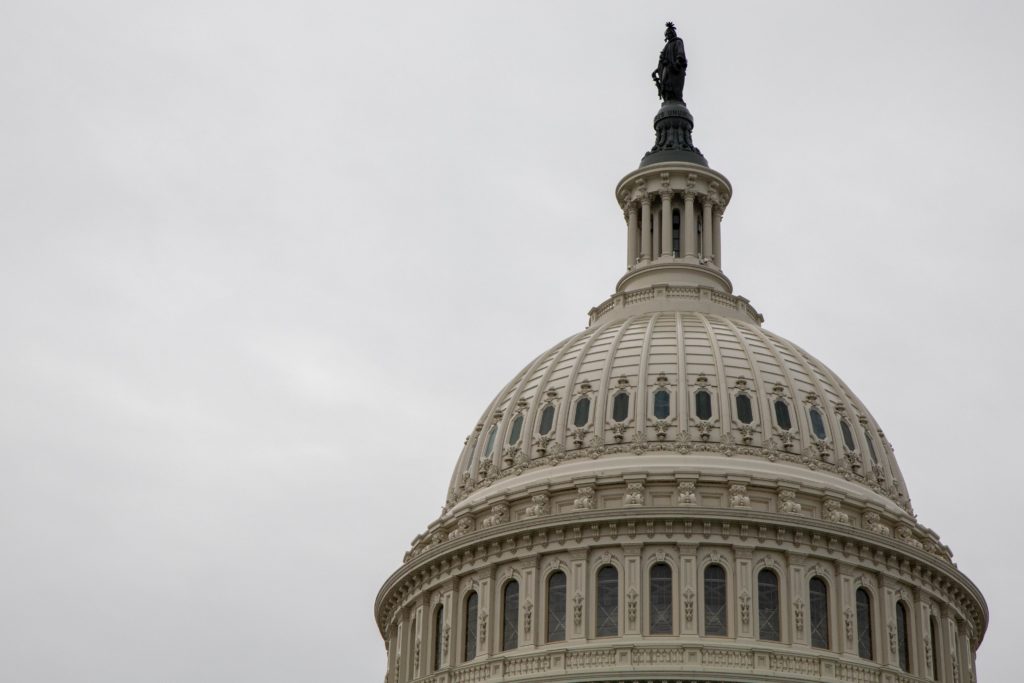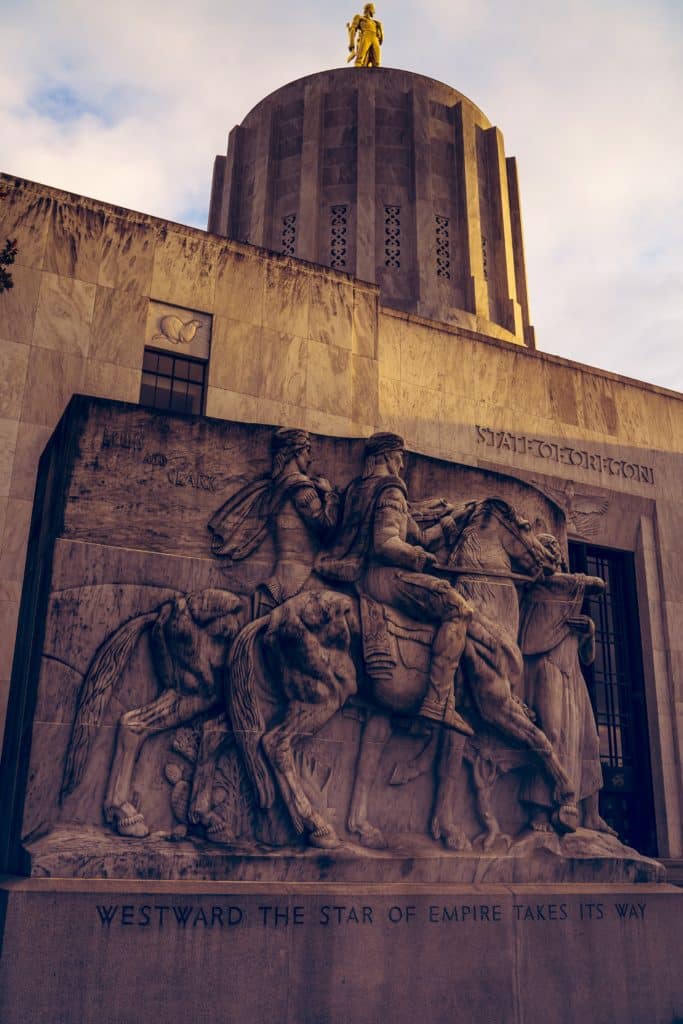
The federal cannabis lawsuit that was filed by Hiller, PC in cooperation with the Cannabis Cultural Association (CCA) defended their appeal in front of a group of judges in the 2nd Circuit Court of Appeals in New York today.
Michael Hiller is the founding and managing principal of Hiller, PC. Hiller said, “The energy in the courtroom was very high and I think the judges were engaged, and we are cautiously optimistic,” and added “I personally felt deeply inspired by all the people who showed up today, as well as from all the tweets and messages I received today and leading up to today’s hearing. I can’t emphasize how much a difference it really makes for us!”
The lawsuit challenges the constitutionality of the Controlled Substances Act (CSA) as it pertains to cannabis. In a 90-page Complaint, attorneys representing five plaintiffs maintain that the CSA, in classifying Cannabis as a “Schedule I drug,” is so irrational that it violates the U.S. Constitution.
Lauren Rudick, member and co-founder of Hiller, PC’s Cannabis Law practice area, has been steadfastly working on this case since the firm first filed it. Rudick said, “We definitely feel more optimistic leaving the court room this time around. The judges asked very thoughtful and pointed questions of the defense/government and seemed to appreciate the futility of bringing an administrative proceeding instead of going to court, which I found very promising.”
When asked about next steps for the case, Hiller explained that it really depends on the judges response, that we may have to wait for decision. “If the decision is 2 (judges) votes to 1 we will have to wait for the preparation of a dissent which will make the response time longer. In this case it is possible there will be a dissent so it could be anywhere from 6 weeks to 3-4 months.”
Nelson Guerrero is the Executive Director of the CCA and had stated before that “if we are stalled here, we will keep fighting all the way to the Supreme Court,” and this morning said, “I’m hopefully optimistic that our panel of judges will do right by the people and rule in our favor. The cannabis landscape is changing rapidly everyday, the time is now to end the unconstitutional prohibition of cannabis.”
The Cannabis Cultural Association explains the rationale behind the lawsuit well…
In their Complaint, plaintiffs demonstrate that the Federal Government does not, and could not possibly, believe that Cannabis meets the definition of a Schedule I drug, which is reserved for the most dangerous of substances, such as heroin, LSD and mescaline. By way of comparison, cocaine and crystal meth are considered Schedule II drugs and are thus considered less addictive and less dangerous.
“The record makes clear that the CSA doesn’t make any rational sense, and the Federal Government knows it,” said Michael Hiller, lead counsel in the case.” Hiller went on to explain that, “if the Federal Government doesn’t believe in the rationality of its own statute, it’s unconstitutional to enforce it.”
Among the other claims in the lawsuit are that the CSA: (i) was enacted and implemented in order to discriminate against African Americans and to suppress people’s First Amendment rights; and (ii) violates plaintiffs’ constitutional Right to Travel.
The plaintiffs include:
–retired professional football player and Super Bowl Champion, Marvin Washington, who desires, but is ineligible (due to the CSA) to obtain grants under the Federal Minority Business Enterprise program, to open a business that would allow professional football players (among others) to treat with medical Cannabis to reduce opioid dependency and addiction;
–an 11-year old girl, Alexis Bortell, who moved to Colorado from Texas so that she could treat her intractable epilepsy with medical Cannabis;
–a six-year old Georgia boy suffering from Leigh’s Disease, Jagger Cotte, who has been using medical Cannabis to lengthen his life and control his otherwise excruciating pain;
–disabled military combat veteran Jose Belen, who uses medical Cannabis to control his post-traumatic stress disorder (PTSD); and
–the Cannabis Cultural Association, whose membership includes many People of Color who contend that the CSA was enacted and has been enforced in a discriminatory manner, rendering them unable to participate in, among other things, the Cannabis industry.
The lawsuit was filed in July of 2017, and you can read the full text of the complaint here.
The CCA is hosting a community after party after the hearing, please join them and their legal team at ComeBackDaily. They’ll have food, drinks, live music, and a wide variety of CBD products.





